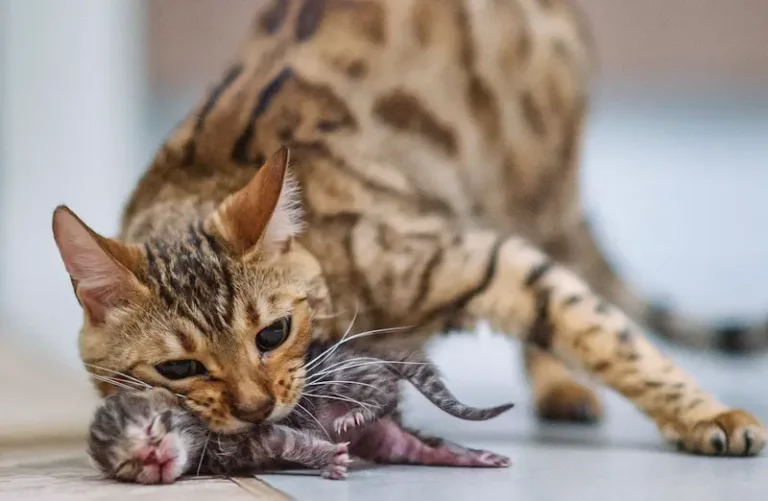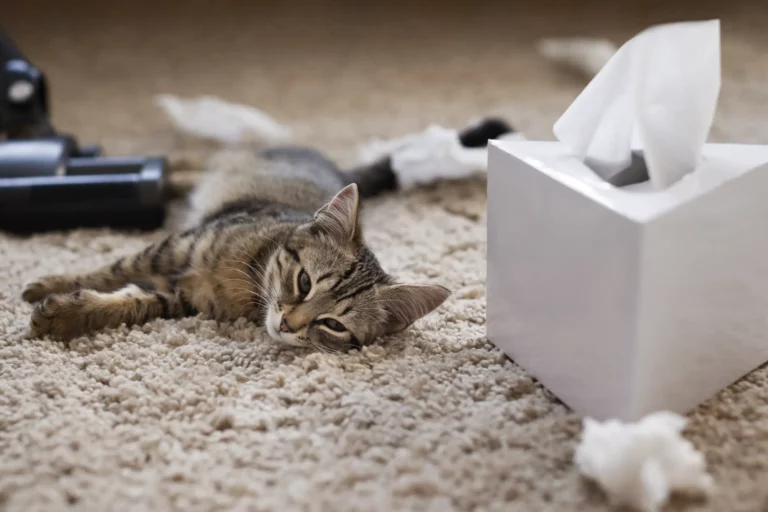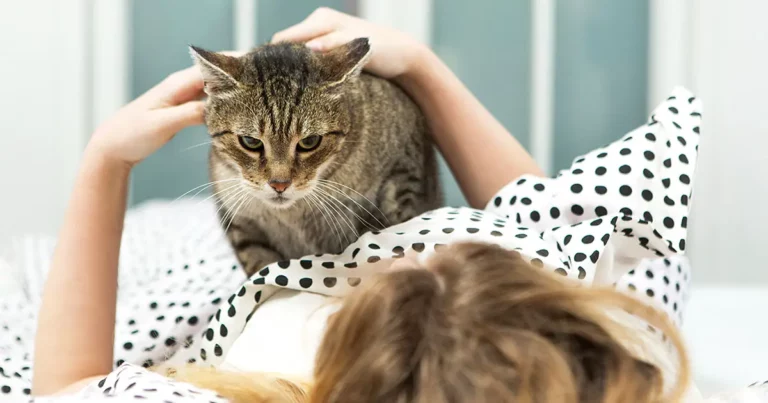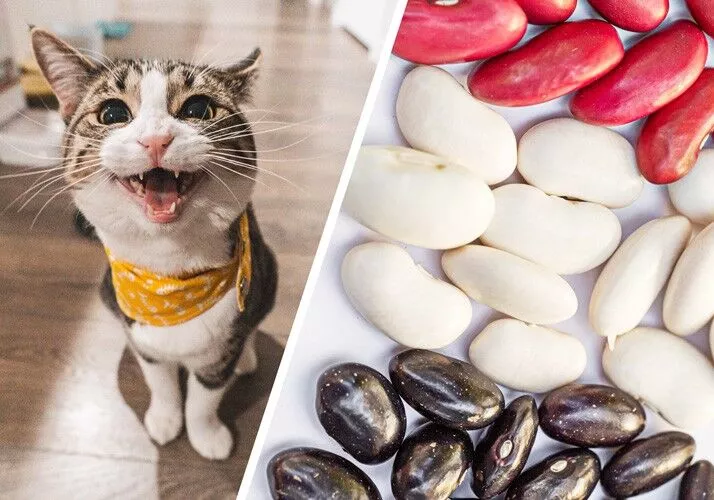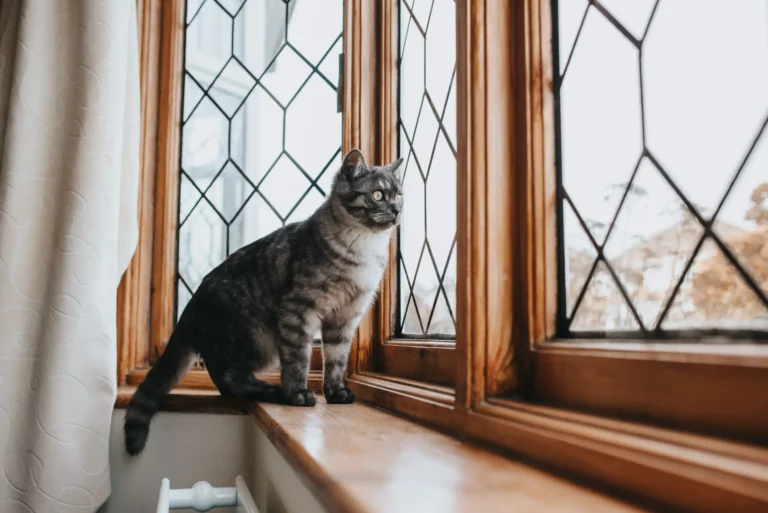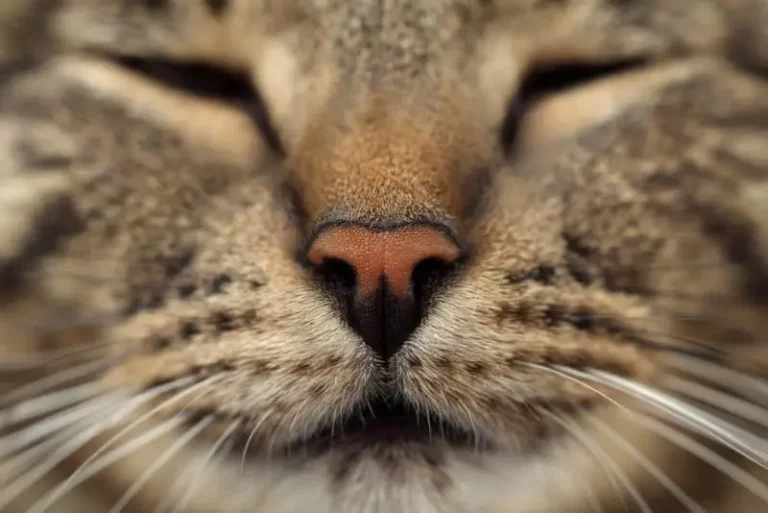Why Is My Cat Foaming at the Mouth? Causes and Treatments
Have you ever noticed your feline friend foaming at the mouth and wondered why? While it may initially seem amusing or puzzling, it’s vital to understand this unusual behavior.
Cat foaming at the mouth can range from a simple reaction to a distasteful substance to an indicator of serious health issues.
This post will delve into various reasons why your cat might be foaming at the mouth and offer tips on how you can address this puzzling and potentially concerning behavior.
Let’s demystify this foamy feline phenomenon together!
Key takeaways
Cat foaming at the mouth could be a reaction to a bitter-tasting substance.
It may also be a sign of oral health problems like dental disease, ulcers, or injuries.
Ingestion of certain toxic substances can cause foaming.
Certain medical conditions like rabies, nausea, and kidney disease can cause foaming.
Stress and anxiety can lead to excessive drooling and foaming.
Some cats may foam at the mouth after receiving medication.
If the foaming is accompanied by other concerning symptoms, seek immediate veterinary attention.
Prevention includes keeping harmful substances out of reach and maintaining your cat’s oral health.
Why is my cat foaming at the mouth and drooling?
Here are the leading causes of foaming and drooling at the mouth in cats.
1. Rabies.
Rabies is a potentially fatal viral infection that affects the central nervous system. If your cat has been exposed to rabies, it is possible for them to foam at the mouth due to paralysis of the throat or excessive salivation caused by anxiety.
It is especially important in this case to seek immediate veterinary care. Vaccination against rabies is the best way to prevent this disease, so if you think your cat may be at risk, talk to your vet about vaccination options.
2. Poisoning or Toxicity.
Poisoning or toxicity can also cause foaming at the mouth in cats. Ingestion of toxic substances, such as antifreeze, rat poison, or other common household toxins can lead to excessive salivation, foaming at the mouth, and other signs of poisoning.
If you think that your cat has ingested a toxin, it’s important to get them to a vet immediately so they can receive treatment. Do not attempt to make your cat vomit unless specifically instructed by a veterinarian.
3. Seizures or neurological diseases.
Seizures and neurological diseases such as encephalitis can also cause cats to foam at the mouth. Other symptoms that may be seen are neck or facial twitching, loss of bladder or bowel control, drooling, and changes in behaviour.
If your cat is exhibiting any of these symptoms, it’s important to get them to the vet for an examination and diagnosis. It’s especially important to get seizures evaluated by a professional as they can be caused by medical conditions ranging from metabolic issues to brain tumours.
4. Dental problems or injury of the mouth and tongue area
Dental disease or injury of the mouth and tongue can cause foaming as well. Your cat may chew objects in their environment and unintentionally cause trauma to their tongues. Trauma can include small cuts or ulcerations, which will cause bleeding and, in some cases, foaming at the mouth.
Infection from bacteria present in their environment can also play a role. Traumatic injuries to the tongue should be evaluated by your vet for further treatment such as antibiotics if necessary.
5. Respiratory infection or asthma attack.
If your cat is having difficulty breathing due to a respiratory infection or asthma, they may experience a type of foaming at the mouth. This can be caused by an accumulation of saliva and phlegm due to coughing, sneezing, wheezing or other types of respiratory discomfort.
If you suspect respiratory problems in your cat, take them to the vet immediately as they may need antibiotics and other medications for relief.
Why is my cat foaming at the mouth after eating?
Foaming at the mouth after eating can be a sign of poisoning or a reaction to certain types of food, but there may also be other underlying causes including allergies and stress. If you notice that your cat is foaming at the mouth after eating, it’s important to take them to see a veterinarian right away.
Why is my cat foaming at the mouth after flee treatment and medicine?
Foaming at the mouth can occur after your cat has been given flea medication. This is a common side effect of some medications, and can be caused by an allergic reaction to a certain ingredient. If your cat is foaming at the mouth, contact your veterinarian immediately.
What causes foaming at the mouth?
Foaming at the mouth is usually a symptom of an underlying medical condition. It can occur due to a seizure, respiratory problems, intoxication or poisoning, or an allergic reaction. In rare cases, it may also be caused by inflammation in the brain or nervous system.
What to do if my cat is foaming at the mouth?
If your cat is foaming at the mouth, the first thing you should do is remain calm and assess your cat’s condition. Then, check to see if there are any obvious underlying causes or injuries such as bites or wounds.
After that, you should contact your veterinarian who may advise visiting their clinic as soon possible. Finally, you should not attempt to diagnose or treat the issue yourself.
Is foaming at the mouth normal for cats?
No. Foaming at the mouth in cats is not common and is usually a sign of an underlying medical condition, such as rabies, brain damage, or poisoning. If your cat is foaming at the mouth, contact your vet immediately to determine the cause and receive treatment.
Final Thoughts on the Reason Your Cat Might be Foaming at the Mouth
While a cat foaming at the mouth can be disconcerting to witness, it’s crucial to remember that it could be a reaction to anything from a new medication to a serious medical condition.
With a keen eye on your cat’s behavior and the knowledge you’ve gained from this article, you’re now equipped to discern the possible reasons and know when it’s time to seek veterinary assistance.
Always prioritize your cat’s health and don’t hesitate to consult a professional when in doubt. Remember, you’re your feline friend’s first line of defense when it comes to their health and wellbeing.

